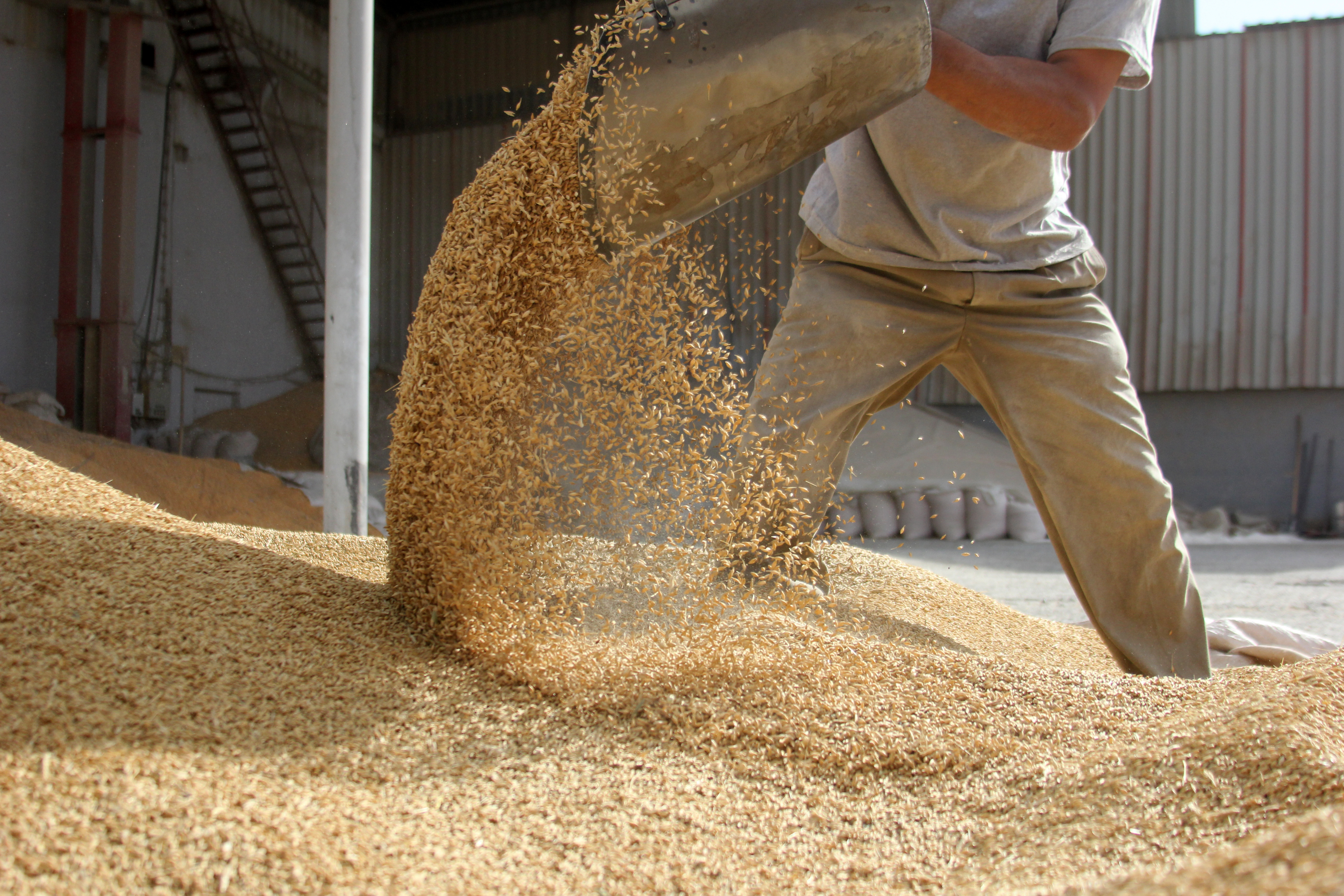



Iowa’s crops suffer worst drought since 2013
Iowa, the biggest corn producer in the United States, is facing its most widespread drought since September 2013, compounding problems for farmers after devastating wind storm earlier in August.According to Reuters, Iowa’s Secretary of Agriculture, Mike Naig, reported the weather data on Friday 28 August.
The drought threatens to lower crop yields and grain quality even more for farmers who are also struggling with economic aftershocks from the COVID-19 pandemic. The scope of the losses will be determined by whether the state remains painfully dry, according to crop experts.


Iowa corn is key for commodity markets and global food supply chains. A big loss in the state could trim US production at a time when China is buying more of the grain.
"The challenge here, and what's unique, is that we're dealing with adverse weather conditions over such a wide area in the state of Iowa," Naig said.
The 10 August derecho windstorm knocked corn plants on the ground, essentially stopping their development, while drought-hit crops are shutting down over time, said Charles Hurburgh, a grain quality expert at Iowa State University.
The US Drought Monitor, prepared by a consortium of climatologists, said 96 percent of Iowa was abnormally dry as of Tuesday, up from 88 percent a week earlier. About 61 percent of the state is in a moderate to exceptional drought, up from 45 percent a week ago.
Hurburgh said drought can limit grain output and increase the risk for mould to hurt quality.
"This is the largest area of coverage of multiple problems that I've seen," he said on a webcast with Naig.
Crop losses from the derecho likely exceeded losses of storage space from grain bins damaged in the storm, Hurburgh said. That means Iowa will probably not suffer a net storage crunch during harvest, he said.
The derecho impacted some 14 million crop acres, or 57 percent of Iowa's area planted.
"We are starting to hear of some of those fields being declared a total loss and seeing farmers out destroying that crop," Naig said.









